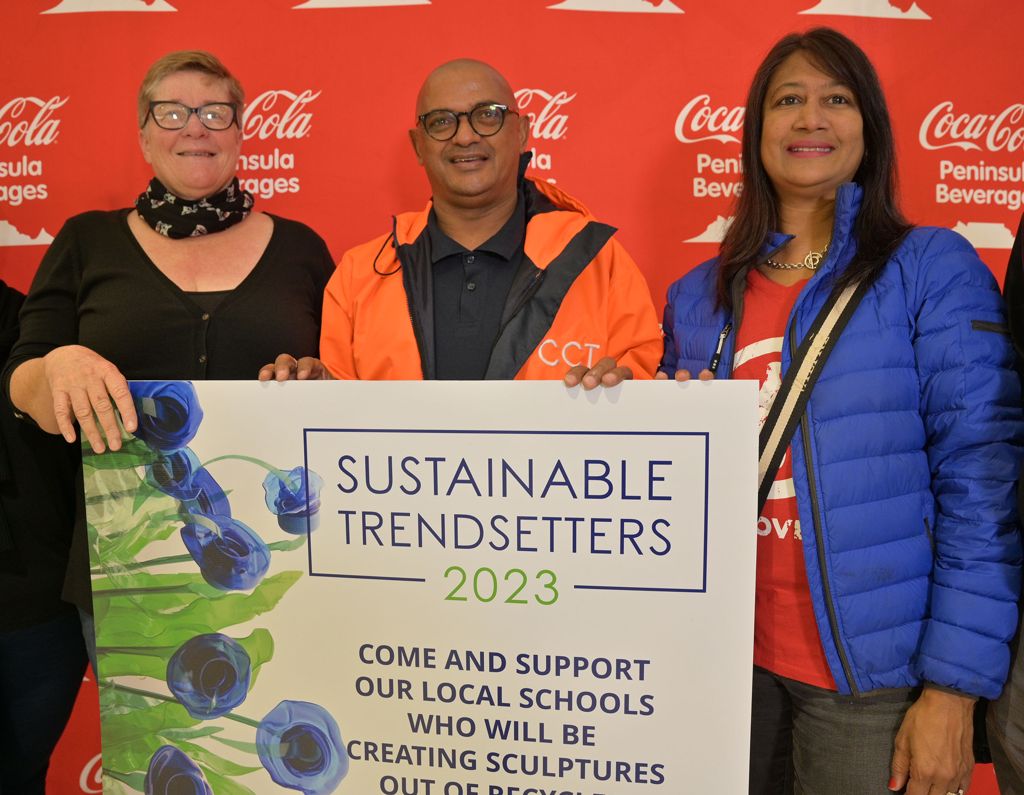National Teach a Child to Save Day, which takes place annually on April 27th, aims to educate children about the importance of saving money from a young age. In South Africa, where the savings rate is only 16.3%, one of the lowest globally, teaching children to save is critical to secure their financial future and improving the country’s economic performance.
Fun Ways to Teach Children About Saving
Parents and educators can work together to develop creative ways to help children understand the significance of saving. For younger children, a transparent jar displaying how the money accumulates can be a powerful introduction to saving. Counting out money to buy something they want can also help them grasp the concept of saving. Starting early, parents should encourage children to do household chores and pay them for them rather than just giving them an allowance.
Visualization and Incentives
Saving becomes more meaningful to children when they can see its purpose. Parents can make things more visual by creating a chart that shows the child’s savings goals and progress. Offering savings incentives, such as matching contributions from parents, can also be helpful. Getting children into the banking system as early as possible is crucial, so parents should make a big deal about the child’s first bank account.
Exposing Children to Ways to Make Their Savings Grow
Children and young adults who understand the relationship between work, money, and saving must also learn how to grow their savings. Financial products such as Nedbank’s tax-free account can help them see their money expand. In addition, parents can introduce them to investment approaches, such as buying unit trusts.
Setting a Good Example
Adult family members should be mindful of how they talk about and use money. Money habits are formed as early as seven years old, so setting a good example is vital. They are discussing how and what they save for, whether a holiday or retirement, can inspire children to adopt healthy financial habits.
Conclusion: Cultivating Healthy Financial Habits
National Teach a Child to Save Day is a perfect opportunity for parents and educators to teach children about the importance of saving and help them develop healthy financial habits. By learning how to control their financial future through saving, children are more likely to create a savings habit that will serve them well throughout their lives.












